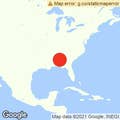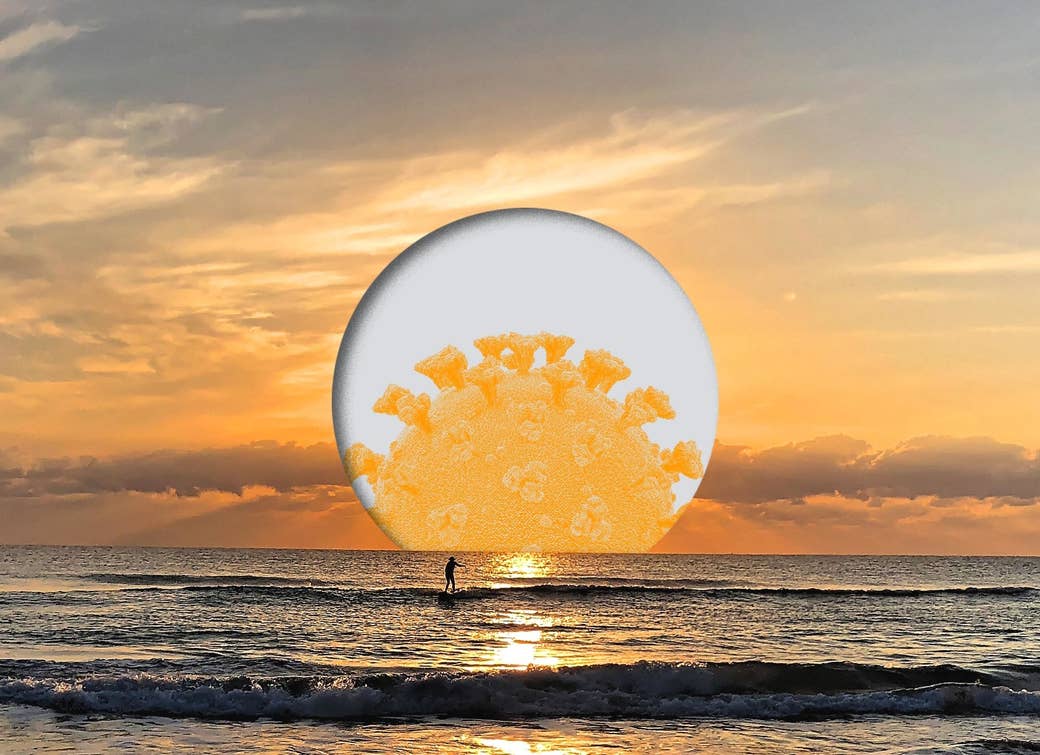
SEASIDE, Florida — On the weekends, as a way to pass time during the coronavirus pandemic, my partner and I drive a highway along the Gulf Coast of Florida, where wealthy people from Alabama and Georgia and Kentucky own vacation homes in model beach towns that dot impossibly white sands.
Seaside, a planned community with white picket fences and pastel-colored cottages, is where Jim Carrey filmed The Truman Show back in 1997. This is also where we went this weekend, when the weight of the pandemic hit me again.
On a bright Sunday afternoon, masked people strolled among the shops that were open or sat at distanced tables or on Adirondack chairs in the main plaza. But it was hard not to imagine them — and me — as extras in the movie, just going through the motions. The street with the “Truman House” may have been empty of gawkers, but the town felt just as surreal, like a postmodern theme park where people are only pretending to live. Life without real life. It was a perfect encapsulation of how I felt this past week.
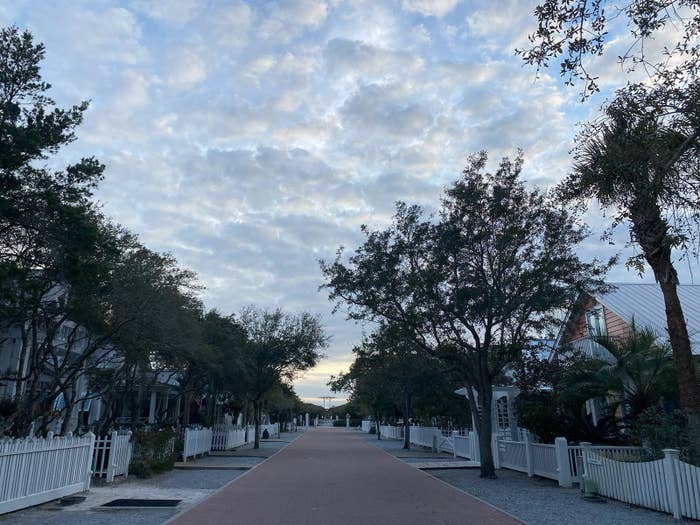
Recently, there has been such emphasis on the new: a new year, new vaccines, a new administration getting in and sorting out the pandemic. But amid all this I’ve found myself suddenly struggling with impatience and the reality that, yeah, this isn’t ending soon. Now there is just...more waiting, more time lost.
After months of doing fine, all of a sudden it feels as if I’m back where I was in March to May last year, dreading weekends. Unlike the working week, where I can at least grasp on to a measure of routine, the emptiness of a weekend now feels overwhelming once again, like a black hole of time where there’s nothing to do except stare into the void.
“I feel like there’s been this whole thing since the election when we knew Biden had won,” said Sabrina Schroeder, a 27-year-old paralegal student in Los Angeles. “We were in this dark hole and Biden was talking about how he’s going to make everything better and there was all this excitement and then it happened! But the vaccine rollout is still terrible.”
“It’s not Biden’s fault,” she added. “I just feel a sense of a high and then coming down. It’s like, Wait, where is the good news? Maybe we all had this unrealistic expectation that on Jan. 20 everything would change. I think everyone knew it wouldn’t, but I’m still somehow surprised.”
Schroeder was one of half a dozen people I called up after they responded to a Twitter thread I wrote on Sunday, exploring the way I was feeling. I was overwhelmed with the replies and messages I received: Been feeling the exact same way. Hardest week of the pandemic for me. Just posted about this today actually, too.
“We have this stretch of time with nothing to look forward to. I just feel so much emptiness I don’t know what to do with,” said Erika Rajecki, a 33-year-old former nonprofit worker in Seattle who is now unemployed due to the pandemic. “We are now facing the reality that there’s so much work to do.”
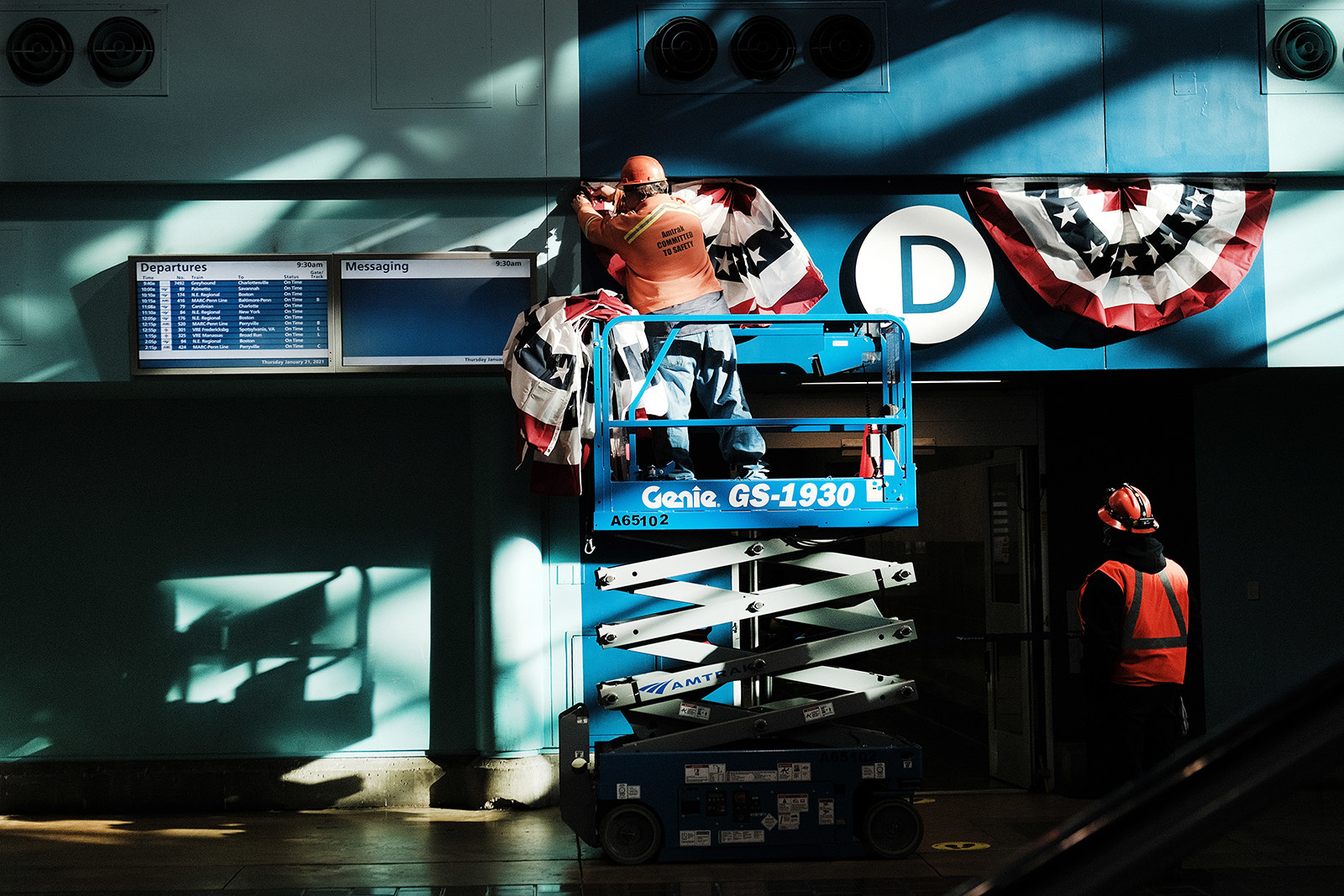
If 2020 was a year thrown into chaos, it was still one drenched in anticipation and marked by a series of dates we could plan around or at least take mental note of: the first shutdowns starting and ending, the first time back dining outside, the first presidential debate, the first voters heading to the polls, the first vaccine to get approved, the first nurse to get her dose, the first vaccine selfie you see in your Instagram stories, the change in administrations.
This year, as the new government confronts a lumbering and monumental vaccine rollout, it now feels as if the only calendar event we’re waiting for is the end of the pandemic itself.
“There’s not another checkpoint on the calendar. The pandemic is the next thing on the to-do list as a society,” said Adam Simon, a 40-year-old advertising worker in Brooklyn. “Without really thinking about it, we all had the election, the inauguration, the holidays — all of those checkpoints, and now we don’t really have that. The beginning of the year is just conspicuously without those markers of time.”
The end of the outbreak is also, of course, a nebulous date that keeps getting seemingly postponed via each new snippet of expert commentary. The summer? The fall? This time next year? Every time Anthony Fauci seems to wager a guess of when things might look more “normal,” I feel like I’m back in April 2020, moping in bed after BuzzFeed announced an extension to our work-from-home restrictions and I realized I wasn’t even halfway through.
“Right now, there is just this endless looming space of not knowing when it’s going to end and I think that’s what is messing with everybody’s heads right now,” added Simon. “It’s like the beginning of the pandemic when there was this looming gap of time. Once we realized it wasn’t going to be over in two weeks, it was like, How long is this going to last? Oh, it’s endless.”
What’s worse, the few milestones we do have ahead are the dates that are looping back again. Last week was the first anniversary of the first COVID case in the US. Before we know it, the first lot of people will mark their second birthday in lockdown.
And inching closer and closer, despite our collective dread, is the month of March — one year since our world began shutting down, since we left our offices or were laid off or last saw our loved ones, since the pandemic shifted from something that was happening in other countries to something that was happening here.
“It kind of reminded me of that whole thing where you experience something traumatic and it comes up on the anniversary of it. You can fall into the same feelings,” said Wilson Crawford, a 29-year-old software quality assurance analyst outside Atlanta. “But here the traumatic thing is still ongoing, so it’s kind of worse. And it’s a collective trauma.”
“The month of March hasn’t ended yet,” he said, “and it’s about to start again.”
The pandemic has fundamentally altered the way we experience time. In December, I wrote about the young Contagion character who grieves the passage of a childhood spent in lockdown and complains to her dad, “Why can’t they invent a shot that keeps time from passing?” Amid an actual pandemic, with an actual mounting and heartbreaking death toll, I realized we mourn for time as it slips through our fingers, that we’d do anything to stop the flow and try to enjoy it.
But the opposite is also true in the pandemic. We’d do anything for time to speed up — for this to be over with, for our old lives to come back.
Winter, of course, has not been a help. The cold weather and resulting forced shutdowns has left many of us with a shrunken social circle yet again, feeling stuck as if time is at a standstill. “Winter is just metaphorically a time of stasis anyway, so maybe that’s just compounding that feeling,” said Simon, the Brooklyn advertising worker. “People are outside less. It just feels like, let’s press a fast-forward button and get to April and hopefully the vaccine process will be more sorted and we’ll be able to go outside more.”
That sense of wanting time to go faster is why, I now realize, my bedtime has crept earlier and earlier some nights, and why I can’t wait for the weekend to be over. I want tomorrow to be here.
“My life has gone on pause. I work, I take care of my mother, and I go to bed early,” said Lin Humphrey, a digital marketing professor at Miami’s Florida International University, who told me he sometimes takes Ambien now at 7:30 p.m. “It makes the days shorter.”
“With the news and the weight of everything going on, going to sleep early makes me not think about it,” he said. “And then you wake up and hope for some good news, some silver bullet to come through.”
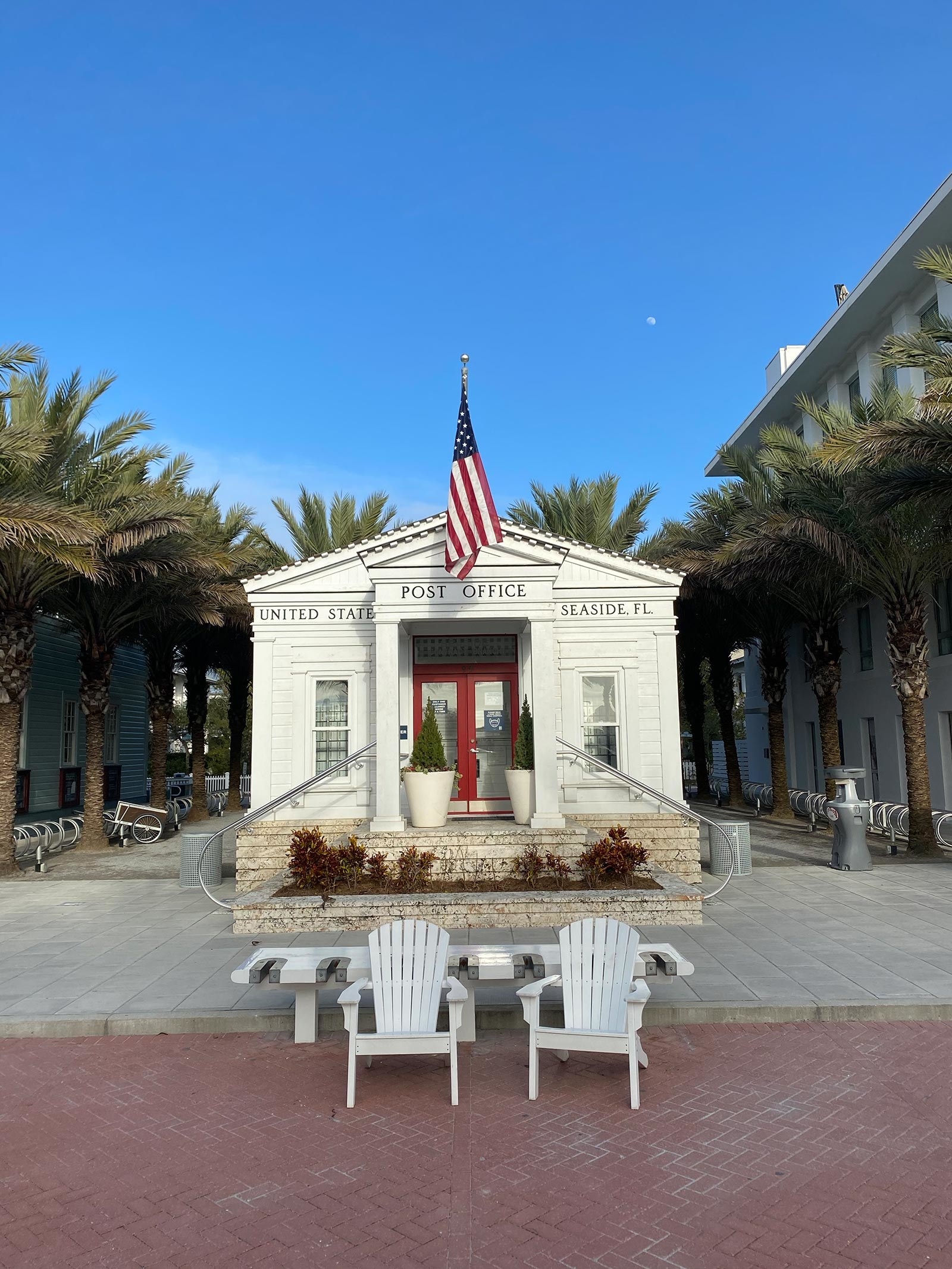
I’m not a citizen or voter in this country, but I still have a stake in it and I still work in an industry that is driven entirely by its goings-on. That means I can say, with all necessary journalistic impartiality, that Trump leaving office does mean I can breathe slightly for what feels like the first time in forever. Waking up and not immediately wondering right away what he tweeted overnight also feels like I’ve unclenched, like a mental weight I didn’t know was there has been lifted.
It’s an even stronger feeling for Joe Biden voters like Rajecki, the unemployed woman in Seattle. She lives alone but has been talking with her brother and her friends about the sense they’ve been experiencing of suddenly hitting a wall. “It almost felt like we’ve been holding our breath the last four years, that there were all these bad things happening and they weren’t going to stop anytime soon so we almost had to put them behind a wall,” she told me. “I’ve just gotten so exhausted holding all these feelings and emotions behind this wall and it just kind of broke the last few weeks.”
Outside St. Louis, another Biden voter, 52-year-old project manager Carolyn Moran, has also been exhausted for what feels like forever. “It really did hit me on Wednesday,” she said. “I’ve had trouble sleeping for a long time and as soon as I saw Joe Biden and Kamala walk to their offices, I was like, OK, I’m going to take a nap. I woke up eight hours later.”
Rajecki said that after the election challenges and the former president’s lies about voter fraud and the deadly insurrection at the Capitol, she wasn’t able to fully let go of her fears until after Biden’s inauguration and she saw him swearing in a thousand staffers later that day via Zoom. “That’s where I felt this relief and this release just washed over me,” she said. “I’d done well holding it together, but I think I was afraid this wasn’t the end.”
“For four years, there were a thousand daily outrages that we never had the time to recognize and confront and process. It was like moving on to the next thing constantly,” she added. “So now I feel like all that weight and all of that emotion is coming up and we’re trying to work through it in a vacuum.”
To me, though, the feeling wasn’t one of relief or comfort.
When the celebrities stopped singing on Wednesday night and the last of the fireworks fizzled out, the sudden change of pace left me unnerved. I found myself impatiently wondering, OK, what’s next?
The uncomfortable answer, of course, is that I don’t know. ●

